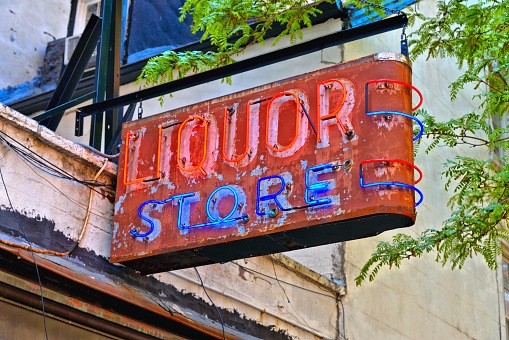
Reducing the number of liquor stores in urban residential areas may attenuate the homicide rate, according to the findings of a new study published in the Journal of Studies on Alcohol and Drugs.
The researchers focused their analysis on the city of Baltimore, which has one of the highest murder rates in the country.
Baltimore is in the process of rewriting its zoning laws, and the researchers patterned their research after the proposed zoning changes as they pertain to alcohol. They developed a computer model that took into account homicide rates in Baltimore along with previous research that shows 50% of violent crime can be attributed to access to alcohol, and subsequently analyzed three main policy changes:
- Reduce all outlets that sell alcohol by 20%.
- Close liquor stores only in residential areas.
- Close outlets licensed as bars or taverns that were really operating as liquor stores. (In Baltimore, bars and taverns are allowed longer operating hours than liquor stores, which allows these “sham” bars and taverns to act as extended-hours outlets.)
Subsequent to factoring in additional data related to homicide–such as socioeconomic status, population density, and drug arrests–the computer modeling predicted that an overall reduction of alcohol outlets by approximately 20% would cut homicides by 51 victims a year and save $63.7 million.
Moreover, the model predicted that shuttering liquor stores in residential areas would eliminate 22 homicides a year, saving $27.5 million. However, closing sham bars/taverns operating as liquor stores would reduce homicides by only 1 annually, saving $1.2 million.
Fewer liquor stores may lead to less homicide https://t.co/T9oBy63LbG via @instapaper
— James Igoe (@JamesJosephIgoe) February 13, 2020
“There is an ongoing violence epidemic in Baltimore, with recent years breaking records for number of homicides,” write the authors, led by Pamela J. Trangenstein, Ph.D., M.P.H., of the University of North Carolina at Chapel Hill in a press release. “This study suggests that there is potential to prevent violent crimes by reducing alcohol outlet density in Baltimore City.”
Fewer liquor stores may lead to less homicide https://t.co/ieSMEfqXm3 #sciencepolicy
— Ford Symposium (@FordSymposium) February 13, 2020

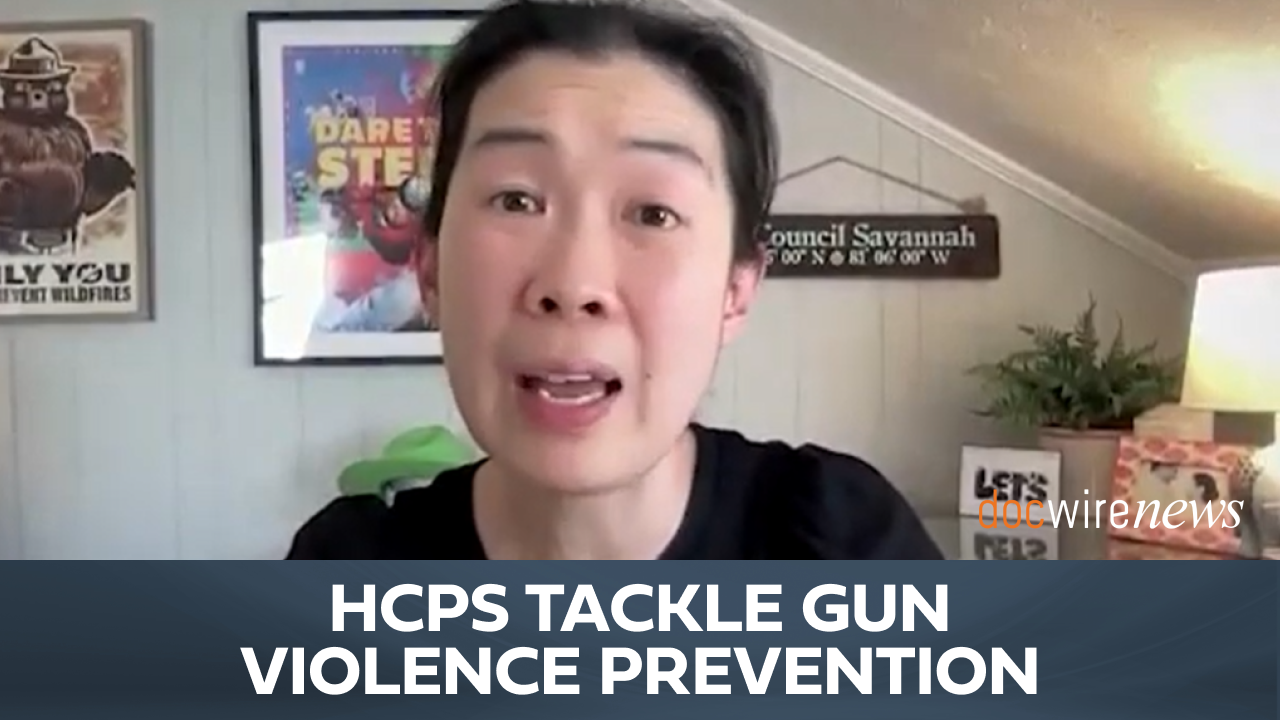
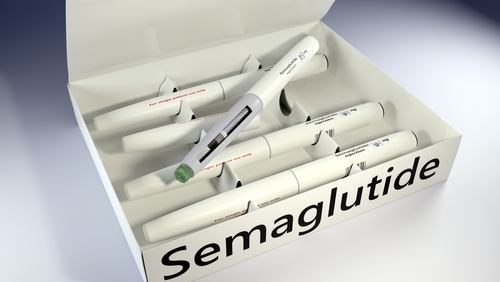
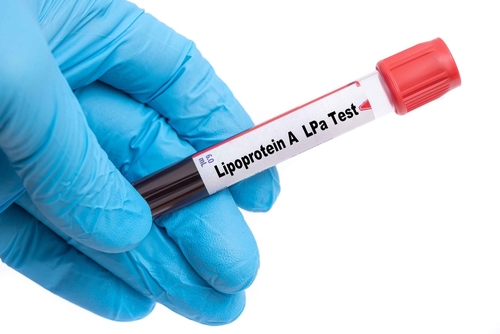
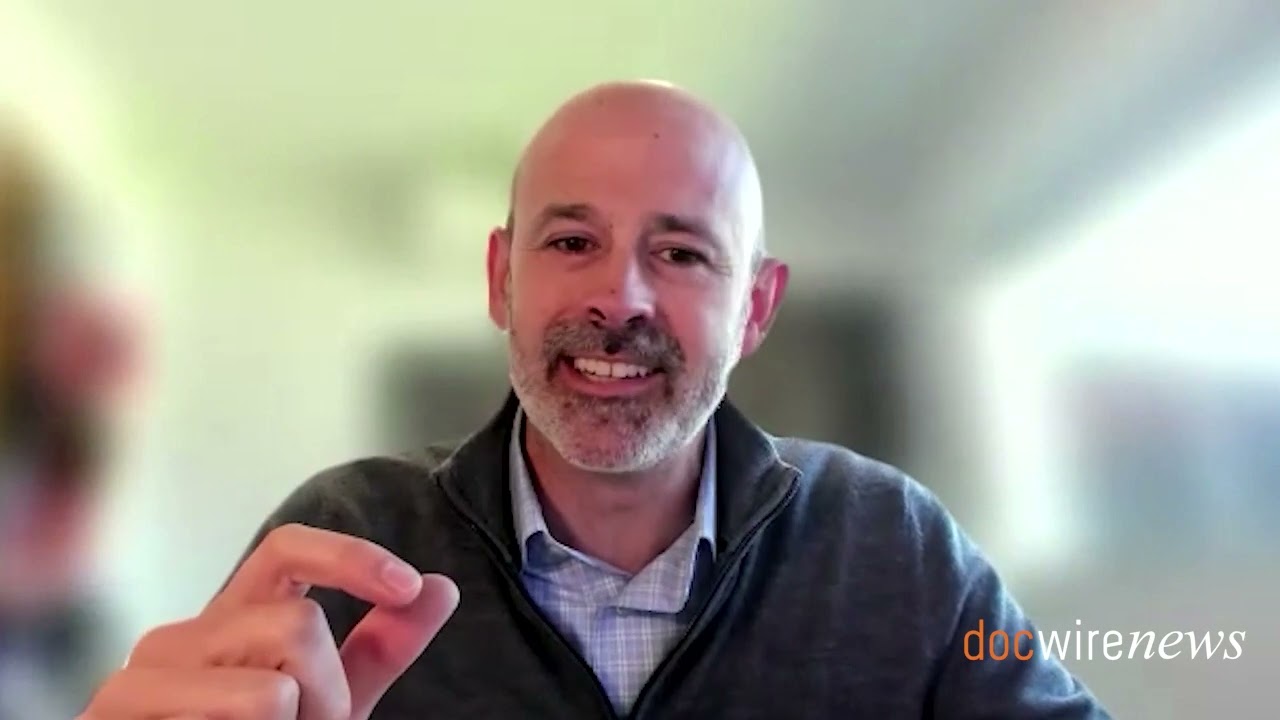


 © 2025 Mashup Media, LLC, a Formedics Property. All Rights Reserved.
© 2025 Mashup Media, LLC, a Formedics Property. All Rights Reserved.